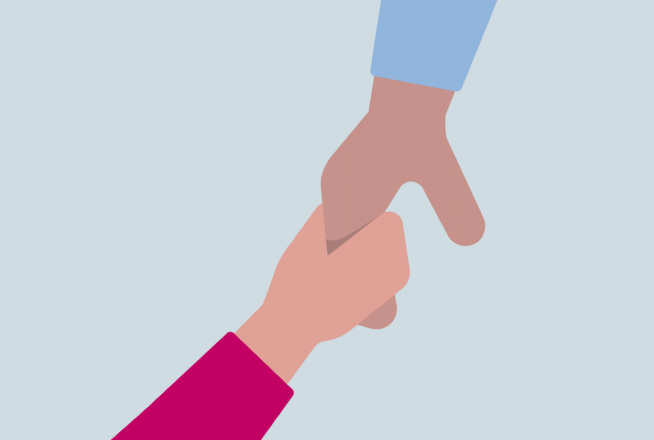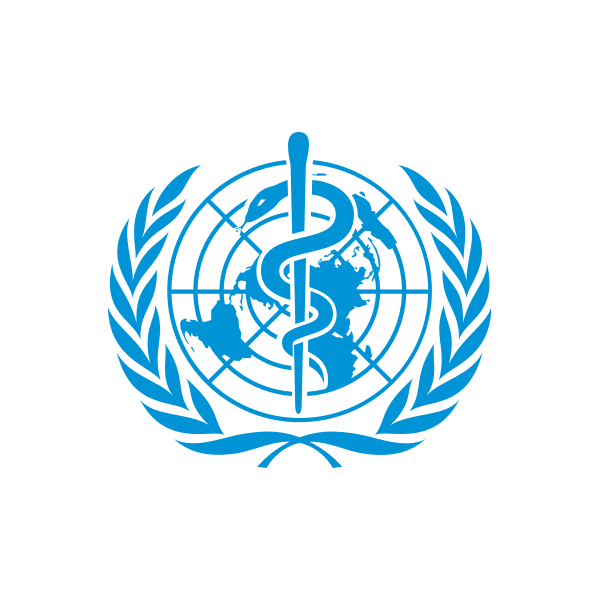Everyone reacts differently to stressful situations. Many of us might feel anxious, uncertain or scared right now. Some of us may be experiencing such emotions as anger and grief while others feel numb. Such reactions are normal, and can be managed by making efforts to stay physically and emotionally healthy during this time.
Reaching out to friends and loved ones is one of the best ways to reduce anxiety, depression and loneliness. You can do this even if you are quarantined or following social distancing recommendations by using Skype, FaceTime or similar apps. Share your concerns, talk and laugh “face to face.”
This is even more important during stressful times. Take deep breaths, stretch or meditate. Try to eat healthy, exercise, get plenty of sleep and avoid alcohol and drugs. Focusing on the positive and staying hopeful can help manage stress. Consider keeping a journal where you write about things that are going well. Remind yourself that this situation will pass.
Make time to relax and plan activities that you enjoy. Call Montefiore’s Relaxation Hotline for guided activities to help anxiety. Available in English and Spanish at 718-920-CALM (718-920-2256).
Reading or listening to scary messages constantly may not help with planning and may only increase your anxiety. Take care of yourself by limiting the time you and your family spend watching or listening to upsetting news. To get the facts you need to keep yourself and your family safe, look for information on the WHO and CDC websites or local public health agencies, and limit how much you check those websites to 2–3 times per day.
Please reach out for help if you need it.
Mental Health Myths: It’s All in Your Head
Is it normal to think about COVID-19 all the time? Montefiore’s Chief Psychologist, Dr. Simon Rego, discusses why it's normal and whether to seek help.
Caring for Your Mental Health During COVID-19
Set aside 5 minutes to take some deep breaths. The Montefiore Relaxation Hotline can guide you through short relaxation exercises. Dial 718-920-CALM (718-920-2256). Available in English and Spanish.
Ask your child what they have already heard on TV and seen on social media or learned from their friends and teachers at school. Answer their questions honestly. Use short sentences and age-appropriate explanations. It is ok to not have all the answers. Tell your child that they ask such good questions that you will have to do some research to answer them!
You can say something like, “Doctors and teachers are working really hard to keep everyone healthy and to take care of people who get sick.”
Tell your child that washing their hands is the #1 thing that they can do to help keep themselves healthy. Ask your child to wash their hands with soap for at least 20 seconds before and after meals, after they use the bathroom or after they blow their nose etc. Tip: Children can sing “Happy Birthday” twice to know how long they should wash their hands for. Other ways kids can help: call quarantined family/friends to keep them company, or take on a new chore at home.
When things feel uncertain, having a predictable schedule can help. If your child’s school closes, create a schedule at home and hang it up where everyone can see. Schedule time for meals, work and play.
This is a chance for the family to spend more time together! Move your body and keep breathing. This keeps our bodies relaxed and decreases anxiety. Schedule a family dance party and 5 minutes of relaxing music every day. Tip: To help children take deep breaths, ask them to pretend to smell freshly baked cookies, breathe out and then take another breath.
If you have specific questions about your child’s health, call your child’s doctor, who can give you the best advice for your specific situation.
Whether you are seeking help for yourself or a loved one, here are a few resources for practical advice and emotional assistance.
Montefiore’s Relaxation Hotline offers guided activities to help anxiety. Available in English and Spanish at (718-920-2256)
A confidential texting service that connects you with a support counselor or peer support specialist.
Crisis counseling for those experiencing emotional distress related to natural or human-caused disasters.
The World Health Organization has put out additional tips on how to cope with stress during the coronavirus (COVID-19) outbreak.
This PBS article offers fun videos young children can watch about practicing good hygiene.
This “social story” is a good way to talk about COVID-19 with young children.






